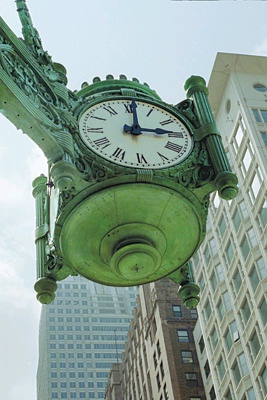All Nonfiction
- Bullying
- Books
- Academic
- Author Interviews
- Celebrity interviews
- College Articles
- College Essays
- Educator of the Year
- Heroes
- Interviews
- Memoir
- Personal Experience
- Sports
- Travel & Culture
All Opinions
- Bullying
- Current Events / Politics
- Discrimination
- Drugs / Alcohol / Smoking
- Entertainment / Celebrities
- Environment
- Love / Relationships
- Movies / Music / TV
- Pop Culture / Trends
- School / College
- Social Issues / Civics
- Spirituality / Religion
- Sports / Hobbies
All Hot Topics
- Bullying
- Community Service
- Environment
- Health
- Letters to the Editor
- Pride & Prejudice
- What Matters
- Back
Summer Guide
- Program Links
- Program Reviews
- Back
College Guide
- College Links
- College Reviews
- College Essays
- College Articles
- Back
Diplomat Chiune Sugihara MAG
A hero is someone endowed with great courage and strength who has risked or sacrificed his or her life. To be a hero takes audacity, great bravery, and poise. During the Holocaust, many people helped Jewish refugees escape Nazi cruelty and truly made a difference in the survival of Jews around the world. One man in particular, Chiune Sugihara, risked his occupation and life to save 6,000 Jews.
Chiune Sugihara was born on January 1, 1900 in Yaotsu, Gifu Prefecture and was raised with the meticulous Japanese ethics of a samurai family. He learned the morals of Japanese society, which included accountability, liability, and trust as well as love for family. Aptitude and inner vitality were also encouraged. These and the many other Japanese morals were practiced by his family.
Sugihara eventually became consul in Lithuania. When Germany invaded Poland, Lithuania was filled with Jewish refugees who could not escape unless they had transit visas. Many countries weren’t willing to issue them, which created even more of a dilemma for the Jews.
In the summer of 1940, Sugihara awoke to a large crowd of Jewish refugees outside his consulate who knew that the only way to freedom was to obtain exit visas. It was required for Sugihara to ask permission from the Japanese Foreign Ministry in order to hand them out. Unfortunately, authorization was denied three times, leaving him a difficult choice: If he distributed the visas, it could lead to extreme financial hardship and he would probably be fired, humiliated, and never allowed to work for the Japanese government again. Sugihara, however, believed in obedience to God, so he chose to ignore the government’s orders rather than disobey God.
He and his wife began forging documents to help the refugees. Together, they wrote over 300 visas a day. This tedious task would normally have taken the consul a month but Sugihara was so determined, he did not stop to eat. Every minute of the day was precious because each minute saved another life.
After the Jewish people received their transit visas, they immediately boarded trains that took them to Moscow, and then eventually to Vladivostok. Through the efforts of Chiune Sugihara and his wife, more than 6,000 Jews escaped the Holocaust.
In 1945, the Japanese government fired Chiune Sugihara from political service and his family was forced to leave Lithuania and go to Romania. Sugihara was imprisoned for two years because of his illegal practice. Yet, even as he was on the train to prison, he was still signing papers as quickly as he could and tossing them out the window. Later, when he returned to Japan, he was cruelly shunned.
Chiune Sugihara is truly a hero. Regardless of great pressure, he still saved many lives. His unusual courage came from his family’s morals. He could have just as easily ignored the cries of the Jewish people lined up at his house, day and night. But he didn’t, and many Jews have him to thank for their life. Heroism like this draws attention to the positive human qualities and serves as a balance to the pervading pull of cynicism and admiration for the anti-hero.
Sugihara overcame adversity and helped others. I hope his example helps others shape their lives. He followed his heart and conscience without fear of imprisonment or execution. Chiune Sugihara, without a doubt, paints the portrait of a real hero through his unshaken courage, persistent determination, enduring pain and punishment with a steadfast and unbroken spirit.

Similar Articles
JOIN THE DISCUSSION
This article has 1 comment.

0 articles 0 photos 12292 comments